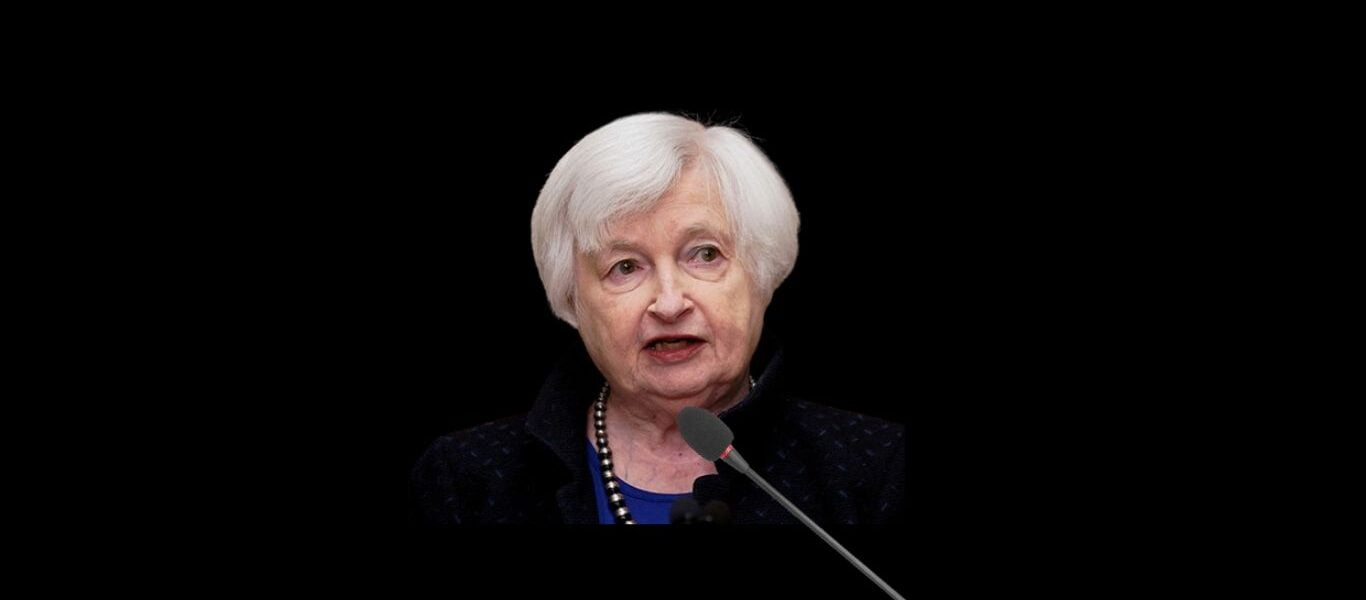In a wake-up call to the U.S., Treasury Secretary Janet Yellen warned of the growing risks posed by artificial intelligence (AI) and digital assets in the financial sector during her testimony before the House Committee on Financial Services on Tuesday. While acknowledging their potential benefits, she urged stricter oversight and regulation, highlighting America’s concerning lag compared to proactive nations.
AI: A Powerful Tool, But Not Without Risks
Yellen acknowledged the potential of AI to streamline processes and reduce costs in finance. However, she emphasized the critical need for guardrails to mitigate potential harm. Unchecked AI development and implementation could lead to unintended consequences, including biased algorithms and discriminatory practices. Yellen stressed the importance of robust oversight by financial institutions and regulators to ensure the responsible development and use of AI in the financial sector.
Digital Assets Wild West
The Secretary expressed deep concern about the potential for digital assets to destabilize financial markets. She cited specific risks like the instability of crypto-asset platforms, the unpredictable nature of crypto prices, and the worrying rise of unregulated platforms operating outside legal frameworks. These factors combined could create vulnerabilities and trigger financial crises, jeopardizing consumer protection and market stability.
Time for Action, Not Just Talk
Yellen urged Congress to take immediate steps to address these concerns. She called for stricter enforcement of existing regulations to crack down on illegal activities within the crypto space. Additionally, she advocated for the passage of new legislation aimed at regulating stablecoins – digital assets pegged to traditional currencies – and the currently unregulated spot market for non-security crypto-assets. This two-pronged approach would bring much-needed clarity and control to a sector currently characterized by uncertainty and risk.
Global Leaders Forge Ahead
The urgency of Yellen’s message is amplified by the international landscape. The European Union is actively shaping the future of crypto with its Markets in Crypto-Assets (MiCA) regulation, establishing clear standards and guidelines for the industry. Similarly, Hong Kong once considered a crypto hub, has taken a decisive stance by mandating unlicensed crypto firms to cease operations by May 2024, highlighting the need for specific regulations even in previously lenient environments.
US Stalled at the Starting Line
While other countries are taking concrete steps towards responsible innovation and risk management, the U.S. still needs to be more active in neutral. Despite repeated warnings and expressions of concern, the nation’s crypto regulations remain mired in uncertainty. This inaction exposes the U.S. financial system and puts it at a competitive disadvantage compared to proactive nations.
A Call to Heed the Warning
Secretary Yellen’s testimony serves as a stark reminder of the potential dangers posed by AI and digital assets in the financial sector. While these technologies hold promise, they must be accompanied by robust regulations and responsible development to ensure consumer protection, financial stability, and a level playing field. The question remains: Will the U.S. heed the call and join the global movement toward responsible innovation, or will it continue to lag behind, risking its own financial security and prosperity?
Also See: Ripple Revives! XRP to Trade in the US Again





